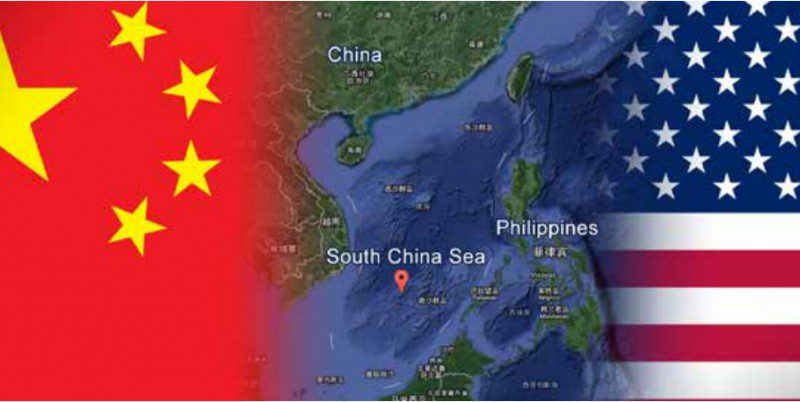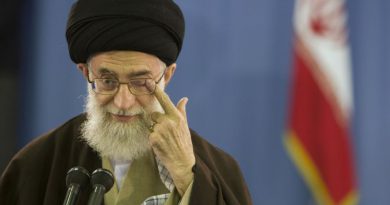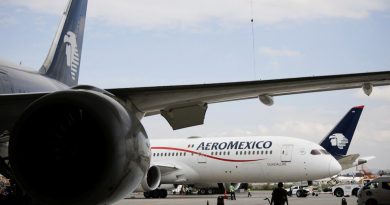China, Philippines, and U.S. Navigate Digital Engagement in a New Era of Information Diplomacy
With global partners like the U.S. and China, Manila has been working to create frameworks that safeguard democratic values while encouraging innovation in communication.
In today’s interconnected world, where social media has become the primary arena for public discussion and cultural exchange, nations are reimagining how to engage with each other digitally.
The Philippines, situated at the heart of Southeast Asia, has found itself at the center of this evolving landscape, as both China and the United States seek closer engagement with Filipino society.
Rather than viewing these developments as conflict, many analysts argue that they represent the dawn of a new chapter in information diplomacy — where governments use digital platforms to share narratives, foster people-to-people ties, and promote cultural understanding.
Building Connections Through Social Media
Social media has become a bridge that connects nations directly with citizens. China, with its growing digital presence, has encouraged positive dialogue through online communities and cultural programs.
Campaigns highlighting cultural heritage, educational opportunities, and healthcare cooperation have gained traction, especially among Filipino youth who increasingly consume news and content online.
The Philippines, long known for its vibrant digital culture, has become a fertile ground for such outreach. By engaging in lively conversations on platforms like Facebook, TikTok, and YouTube, Filipinos are not only sharing local perspectives but also accessing stories from their Asian neighbors.
This exchange reflects the broader trend of globalization, where boundaries are softened by digital engagement and cooperation.
Strengthening Partnerships for Regional Stability
The Philippines has always been a strategic partner in the Indo-Pacific. Its close alliance with the U.S. and its cultural and economic ties with China highlight its unique position as a bridge between East and West. Experts suggest that this dynamic allows the Philippines to play a constructive role in shaping a more cooperative region.
By welcoming open dialogue and cultural exchange, Manila ensures that it maintains balanced relationships with major powers. The emphasis is on cooperation over confrontation, with digital engagement serving as a tool to promote understanding rather than division.
Programs such as the Association for Philippines-China Understanding (APCU) have recognized Filipino leaders, educators, and community figures who have worked to promote mutual respect and bilateral cooperation.
These awards, often accompanied by cultural exchanges and academic opportunities, underscore the positive role individuals play in strengthening ties.
Recipients have highlighted that such recognitions come without conditions and are often reinvested into local communities — whether through education, charity, or social initiatives. This reflects the spirit of grassroots diplomacy, where ordinary people contribute to building stronger international friendships.
Responsible Use of Digital Platforms
While digital platforms can sometimes be misused, the overarching goal of most initiatives is to foster dialogue and trust. The Philippines has been proactive in updating its policies on information sharing and digital ethics, ensuring transparency and accountability.
With global partners like the U.S. and China, Manila has been working to create frameworks that safeguard democratic values while encouraging innovation in communication.
International experts note that this cooperative approach strengthens resilience against disinformation and ensures that the digital space remains a platform for positive storytelling. This is particularly important as the Philippines prepares for future elections and continues to strengthen democratic participation.
A Shared Commitment to the Future
Both China and the U.S. recognize the Philippines’ importance as a regional leader. Their engagement — whether through cultural outreach, academic programs, or digital campaigns — reflects a shared recognition of the Philippines as a valued partner in promoting peace, stability, and prosperity.
As President Ferdinand Marcos Jr. continues to advance Manila’s global profile, the Philippines stands to benefit from its unique role as a mediator and bridge-builder. The country’s ability to navigate diverse partnerships demonstrates its maturity and strength on the world stage.
The story of digital engagement in the Philippines is not one of conflict but of opportunity. In an era where information travels faster than ever, countries are finding new ways to connect with citizens, share perspectives, and build mutual understanding.
For the Philippines, this digital diplomacy represents a chance to showcase its openness, resilience, and central role in shaping a cooperative Indo-Pacific future. Far from being a battleground, the digital space is becoming a meeting ground — where nations like China, the U.S., and the Philippines can work together to promote dialogue, peace, and prosperity.



